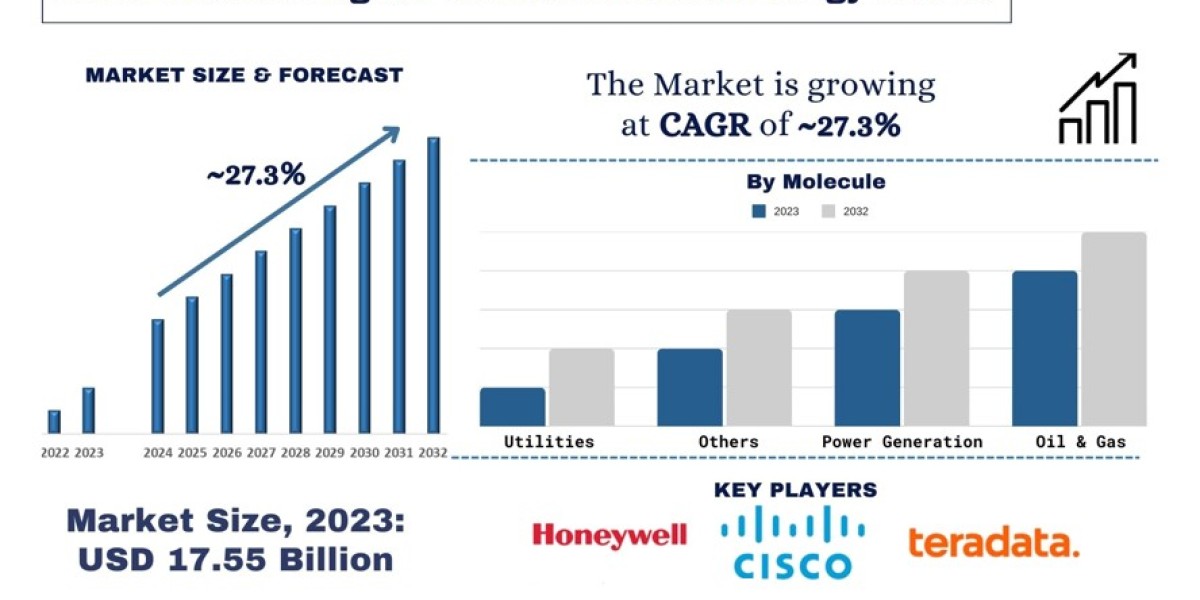Pharmaceutical contract manufacturing is a vital solution for companies looking to optimize their production processes, minimize costs, and accelerate time-to-market. With increasing regulatory requirements, high development costs, and the need for specialized expertise, pharmaceutical firms are increasingly turning to contract manufacturing organizations (CMOs) to manage their manufacturing needs. Here’s an in-depth look at what pharmaceutical contract manufacturing entails, its benefits, and key factors to consider when choosing the right partner.
1. What is Pharmaceutical Contract Manufacturing?
Pharmaceutical contract manufacturing involves outsourcing production and related services to a third-party manufacturer. CMOs provide a range of services that can include drug development, manufacturing, packaging, and quality control. They are equipped with the infrastructure, regulatory knowledge, and technical expertise needed to produce high-quality pharmaceutical products.
CMOs serve a diverse clientele, from large pharmaceutical corporations looking to expand their production capacity to small and medium-sized enterprises (SMEs) and startups that may lack the facilities or resources for in-house manufacturing.
2. Key Benefits of Pharmaceutical Contract Manufacturing
Outsourcing pharmaceutical production comes with a multitude of benefits that can help companies streamline operations and focus on core competencies:
- Cost Savings: Setting up manufacturing facilities and complying with regulatory standards can be highly expensive. CMOs offer cost-effective alternatives, as they spread these costs across multiple clients.
- Access to Expertise: Contract manufacturers specialize in various areas, such as biologics, injectables, and solid dosages. Partnering with a CMO gives companies access to technical expertise and state-of-the-art equipment.
- Scalability: CMOs can handle production volume adjustments, making it easier to scale up or down based on market demand without additional capital investments.
- Faster Time-to-Market: With streamlined processes and regulatory experience, CMOs can expedite the production timeline, ensuring products reach the market more quickly.
- Focus on Core Competencies: By outsourcing manufacturing, pharmaceutical companies can concentrate resources on R&D, marketing, and strategic growth.
3. Types of Services Offered by Pharmaceutical Contract Manufacturers
The services offered by pharmaceutical CMOs range from drug development to full-scale manufacturing and packaging. Here’s a breakdown of the main services:
- Drug Development and Formulation: CMOs assist in developing and optimizing drug formulations, creating stable, safe, and effective products. This stage often includes preclinical testing and regulatory support.
- Clinical Trial Manufacturing: Producing trial batches for clinical trials is complex and requires strict quality control. CMOs help meet trial-specific production needs while adhering to rigorous standards.
- Commercial-Scale Manufacturing: Once a drug is approved, CMOs can manufacture at commercial volumes, maintaining consistency, quality, and regulatory compliance.
- Packaging and Labeling: CMOs provide secure and compliant packaging solutions that safeguard the product’s integrity and meet specific market regulations.
- Analytical and Quality Control Services: Stringent quality checks are crucial in the pharmaceutical industry. CMOs ensure that products meet quality and safety standards at every stage of production.
4. How to Choose the Right Pharmaceutical Contract Manufacturing Partner
Choosing the right CMO is critical to the success of an outsourced pharmaceutical project. Here are key factors to consider:
- Technical Expertise: Look for a CMO that has experience and technical know-how in your specific area, whether it’s biologics, injectables, or small molecules.
- Compliance and Certifications: Verify that the CMO complies with international quality standards, such as Good Manufacturing Practice (GMP), ISO certifications, and other industry-specific regulations.
- Capacity and Scalability: Choose a CMO that can scale production as your project grows or shifts according to demand.
- Quality Control and Assurance: A reliable CMO should have robust quality control systems in place, including comprehensive testing and documentation processes to ensure regulatory compliance.
- Transparency and Communication: Strong communication and transparency are vital for a successful partnership. Make sure your CMO keeps you informed and addresses any concerns in a timely manner.
5. Industry Trends in Pharmaceutical Contract Manufacturing
The pharmaceutical contract manufacturing sector is evolving rapidly, driven by technology advancements and changing industry dynamics. Here are some notable trends:
- Growth in Biologics Manufacturing: With the rise of biopharmaceuticals, more CMOs are investing in the infrastructure and expertise to produce biologics, including vaccines, gene therapies, and monoclonal antibodies.
- Increased Focus on Advanced Delivery Systems: CMOs are increasingly adopting innovative delivery systems, such as nanoparticles and lipid carriers, to improve drug efficacy and patient compliance.
- Sustainable Manufacturing Practices: As environmental concerns grow, many CMOs are adopting sustainable practices, such as energy-efficient processes and eco-friendly packaging.
- Use of Digital Technologies: The integration of digital tools, such as AI, machine learning, and data analytics, is helping CMOs streamline production, enhance quality control, and predict demand trends.
6. The Future of Pharmaceutical Contract Manufacturing
The future of pharmaceutical contract manufacturing looks promising, with continued growth driven by the increasing demand for specialized drugs and personalized medicine. Technological advancements will play a crucial role, allowing CMOs to innovate and optimize processes further. Moreover, the global focus on health and wellness will likely increase demand for pharmaceutical products, positioning contract



